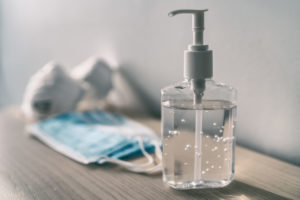Remote monitoring pilot study gets under way
Humana, a Florida-based insurer, and Healthsense, a Minnesota-based provider of technology services for seniors, have teamed up to study the impact of remote monitoring technology on the elderly.
Focusing on Medicare patients with chronic illnesses, the year-long pilot study will assess the feasibility of using telehealth technology, such as in-home sensors and remote monitoring, to reduce frailty-related and fall-related hospital readmissions.
Humana Cares/Senior Bridge, the company's chronic care management division, has enrolled 100 senior citizens in Florida, North Carolina, South Carolina, Kentucky and West Virginia who want to remain independent and in their own homes.
The study will use the Healthsense eNeighbor remote monitoring system that incorporates in-home sensors to monitor any changes in an individual's normal activities such as sleeping, eating, physical activity and toileting. Data from these sensors will be sent directly to Humana case managers.
According to a press release issued by Humana, "The sensors, which are placed discreetly around the home, work with Healthsense software to establish the typical levels of daily activity, or a 'routine,' for each member. Through passive monitoring, this routine becomes the benchmark for establishing when the member may need assistance without asking them to check-in, push a button, or pull a cord."
In announcing the pilot study, A.R. Weiler, president and CEO of Healthsense said, "A rapidly growing body of research demonstrates the significant impact technology, in particular remote ADL monitoring, can have on the outcomes and cost of care. We’re excited to work with Humana to employ the eNeighbor passive monitoring platform to help trigger interventions and help prevent adverse events from escalating to emergency room visits or hospital stays."
Related Articles
Topics: Executive Leadership , Technology & IT











